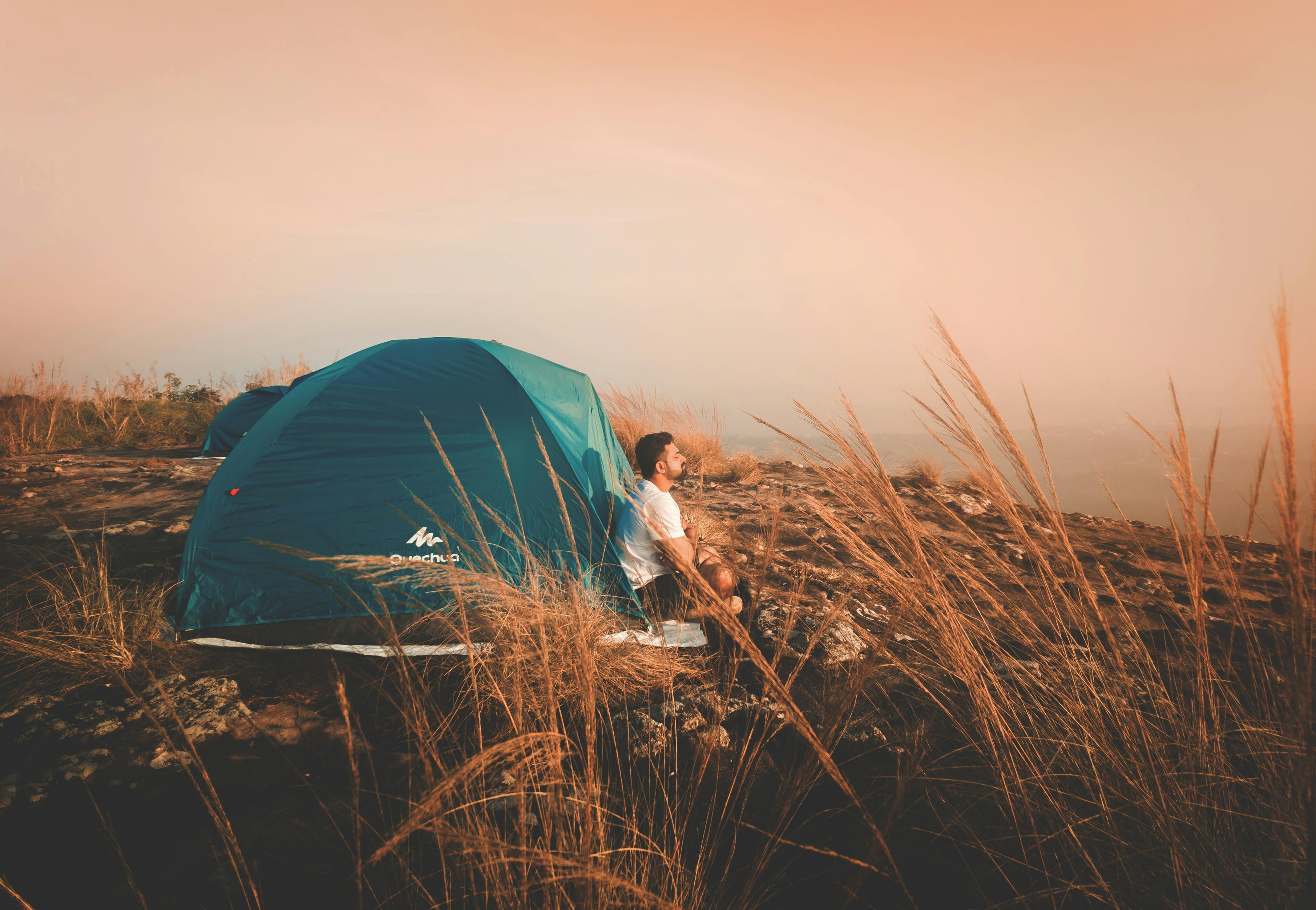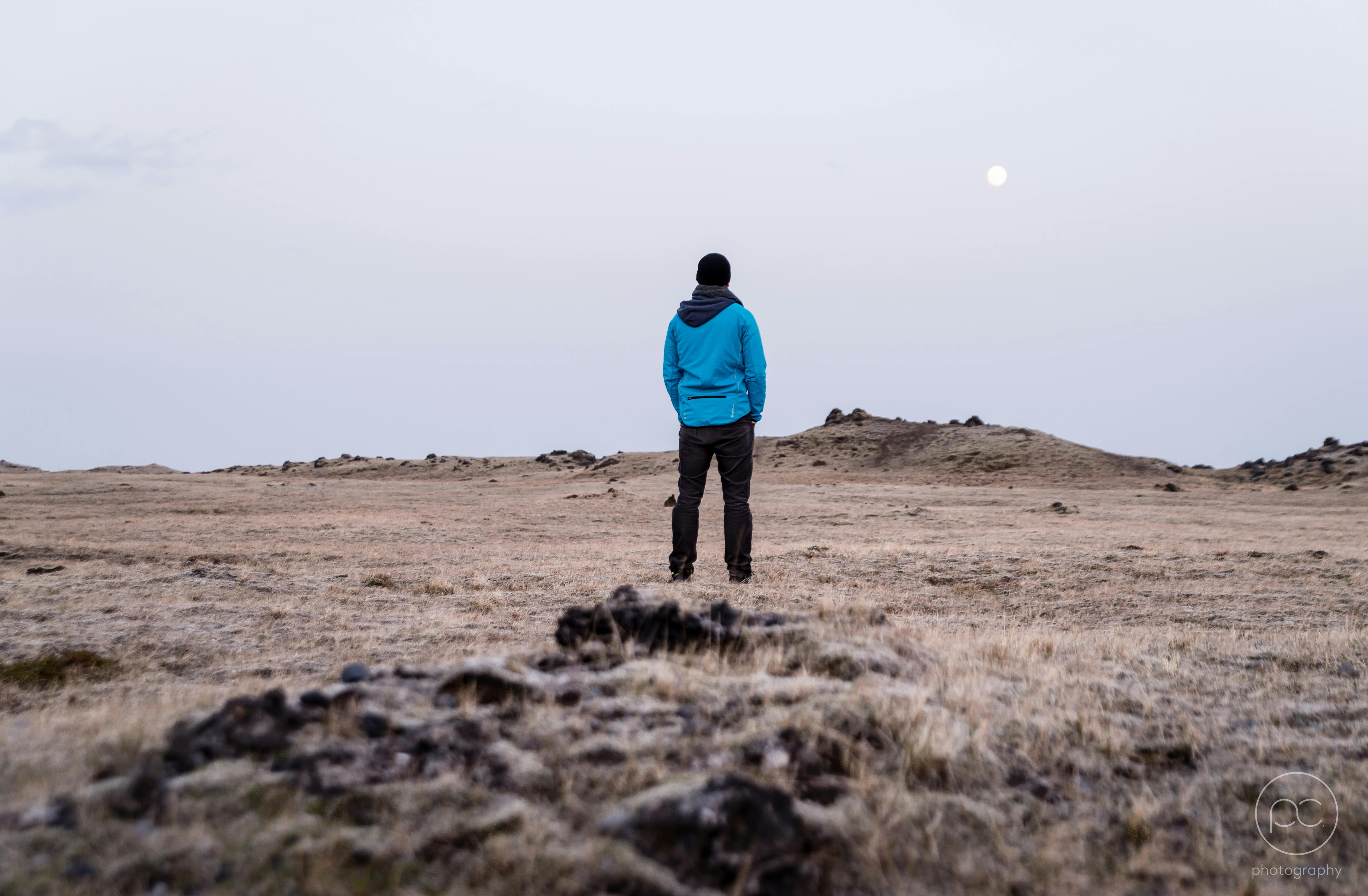Solo Travel Budget Tracking: Keeping Finances in Check While Traveling Alone
Welcome to the world of solo travel! Embarking on a solo journey can be an incredibly exhilarating and liberating experience. Not only does it give you the freedom to explore at your own pace, but it also allows for self-discovery and personal growth. While the prospect of traveling alone might be enticing, it’s important to remember the practical aspects as well, such as keeping your finances in check.
In this blog post, we’ll delve into the world of solo travel budget tracking, an essential skill for anyone venturing out on their own. Managing your finances while on the road can seem daunting, but with the right tools and strategies, it becomes a breeze. So, let’s discover how you can ensure that your solo adventure remains financially sound.
The Importance of Budget Tracking
When traveling solo, having a clear budget in place is crucial. After all, you want to make the most out of your experience without breaking the bank. Budget tracking allows you to keep a close eye on your expenses, ensuring that you stay within your financial limits. By implementing this practice, you can eliminate any unnecessary stress or anxiety about overspending and enjoy your trip to the fullest.
Selecting the Right Tools
To effectively track your solo travel budget, you need to find the right tools that align with your needs. Various mobile applications and online platforms are specifically designed to assist travelers in managing their finances. These tools allow you to monitor your expenses, set spending limits, and even receive real-time notifications, making it easier to stay on track.
Creating a Realistic Budget
Before setting off on your solo adventure, take the time to create a realistic budget that reflects your financial situation and travel goals. Consider all the necessary expenses, such as accommodation, transportation, meals, activities, and emergencies. Set aside a specific amount for each category, ensuring that you have enough to cover unexpected costs along the way.
Tracking Your Expenses
Once you’re on the road, diligently track every expense you make. From the smallest coffee to major purchases, every penny counts. This practice allows you to identify any spending patterns or areas where you might be overspending, making it easier to adjust your budget accordingly. It’s also helpful to keep all your receipts and document your expenditures in a journal or budgeting app for easy reference.
Adjusting and Adapting
Throughout your solo travel journey, it’s important to be flexible with your budget. Unexpected expenses can arise, or you may find better deals and opportunities along the way. By regularly reviewing and adjusting your budget, you can make the most of these opportunities without compromising your overall financial plan.
In conclusion, managing your finances effectively is an essential aspect of solo travel. Through proper budget tracking, selecting the right tools, creating a realistic budget, and diligently monitoring your expenses, you can ensure that your financial well-being remains intact. So, get ready to embark on your solo adventure with peace of mind, knowing that your finances are in check.

How Does Solo Travel Budget Tracking Help to Keep Your Finances in Check?
Solo Travel Budget Tracking, also known as keeping your finances in check while traveling alone, is crucial to ensure that you have a seamless and enjoyable trip without overspending or facing unexpected financial constraints.
By employing solo travel budget tracking techniques, you can effectively monitor your expenses, analyze your spending patterns, and make informed decisions about where and how to allocate your funds. This can be done through various methods such as using travel budgeting apps, maintaining a spreadsheet, or simply keeping a detailed log of your expenditures.
The advantages of solo travel budget tracking are multifold. Firstly, it allows you to have a clear understanding of how much you are spending on different aspects of your trip such as accommodation, transportation, food, and activities. This knowledge helps you identify any excessive spending and make adjustments accordingly to stay on track.
Moreover, solo travel budget tracking enables you to set realistic financial goals for your trip and stick to them. It helps you prioritize your expenses based on what is truly important to you, whether it be exploring popular tourist attractions, indulging in local cuisines, or saving for future adventures.
Additionally, by actively tracking your expenses during solo travel, you can develop better financial habits and become a more mindful spender. It encourages you to think twice before making impulsive purchases and encourages smart budgeting, enhancing your overall financial literacy.
Overall, solo travel budget tracking is an essential practice for any traveler embarking on a journey alone. It empowers you to take control of your finances, make informed decisions, and ensure a worry-free and financially secure trip. In the next part of this article, we will delve deeper into the specific strategies and tips for effective solo travel budget tracking, providing you with a comprehensive guide to managing your finances while traveling alone.

Solo Travel Budget Tracking: Keeping Finances in Check While Traveling Alone
When venturing out on a solo travel adventure, it’s crucial to keep a close eye on your finances. Financial management becomes even more essential when you don’t have a travel companion to share expenses with. Let’s explore some effective strategies for solo travel budget tracking to ensure you make the most of your trip without breaking the bank.
Track Your Expenses Diligently
One of the fundamental steps to maintain a solid handle on your solo travel budget is to track your expenses diligently. Keep a record of all your expenditures, including accommodation, transportation, meals, sightseeing, and other miscellaneous costs. Utilize smartphone apps or online budgeting tools to make the process more efficient and accessible, ensuring you are aware of every penny spent.
Set a Realistic Daily Budget
Before embarking on your solo trip, it’s crucial to establish a realistic daily budget. Consider the destination, duration of the trip, and your personal spending habits. Research the average costs of accommodation, meals, and activities in your chosen location. This will help you stay on track and prevent overspending.
Plan Ahead and Book in Advance
Planning ahead plays a significant role in managing your solo travel budget effectively. By booking your accommodation, flights, and activities in advance, you can take advantage of early bird discounts and avoid last-minute price surges. Research the best deals, compare prices, and make informed decisions that align with your budgetary requirements.
Opt for Budget-Friendly Accommodation
Accommodation expenses often constitute a significant portion of any travel budget. As a solo traveler, consider staying in budget-friendly options such as hostels, guesthouses, or even couchsurfing. These alternatives not only save money but also provide opportunities to socialize and meet fellow travelers.
Utilize Public Transportation and Walk
Transportation costs can add up quickly while traveling solo. Opt for public transportation whenever possible, such as buses, trains, or subways. Not only is it more economical, but it also offers a chance to experience the local commute. Additionally, walking is an excellent way to explore your destination while keeping your budget intact.
Seek Out Free or Low-Cost Activities
When planning your itinerary, look for free or low-cost activities and attractions at your destination. Most cities offer various options, ranging from walking tours to visits to public parks, museums with discounted admission, or attending local cultural events. By embracing such opportunities, you can indulge in enriching experiences without straining your budget.
Try Local Street Food and Cook Your Own Meals
Food expenses can quickly eat away at your travel budget, especially if you dine at restaurants for every meal. Instead, try sampling local street food, which often offers authentic flavors at lower prices. Additionally, consider booking accommodations with kitchen facilities to prepare some of your own meals. This allows you to save money while still enjoying delicious and budget-friendly options.
Stay Mindful of Exchange Rates and ATM Fees
When traveling abroad, it’s important to be mindful of exchange rates and ATM fees. Research the local currency exchange rates before your trip to ensure you have an accurate understanding of how much you’re spending. Additionally, withdraw larger amounts of cash to minimize ATM fees, but be cautious about carrying excessive amounts for security reasons.
End with a Statistic
Studies show that solo travelers who track their expenses closely are able to extend their trips by an average of 20% compared to those who don’t practice budget tracking.

Conclusion: Solo Travel Budget Tracking: Keeping Finances in Check While Traveling Alone
Solo travel is an exhilarating experience that allows individuals to explore the world on their own terms. However, without proper budget tracking, the excitement of solo travel can quickly turn into a financial nightmare. In this article, we have discussed some key points and insights for effectively managing your finances while traveling alone.
Firstly, it is essential to create a realistic budget before embarking on your solo adventure. Assess your financial situation and set a daily spending limit that covers accommodation, transportation, food, activities, and unforeseen expenses. By establishing a budget, you can keep track of your expenses and avoid overspending.
Secondly, technology can be your best friend when it comes to budget tracking. Utilize budgeting apps and online tools to record your expenses, categorize them, and monitor your spending habits. These tools provide valuable insights into your financial patterns, allowing you to make informed decisions while on the road.
Additionally, it is crucial to stay flexible and adapt your budget as needed. Unexpected expenses may arise, or you may find cheaper alternatives for accommodation or activities. By remaining open-minded and adjusting your budget accordingly, you can make the most of your solo travel experience without breaking the bank.
Lastly, don’t forget to prioritize experiences over material possessions. Solo travel is about immersing yourself in diverse cultures, exploring new landscapes, and creating lifelong memories. While it’s essential to track your expenses, remember to allocate a reasonable portion of your budget to unique experiences that will enrich your journey.
In conclusion, solo travel budget tracking is crucial for maintaining financial stability while enjoying the freedom of exploring the world alone. By setting realistic budgets, utilizing technology, staying flexible, and prioritizing experiences, you can confidently embark on your solo adventure while keeping your finances in check. Happy travels and may your budget-conscious journey be filled with unforgettable adventures.



